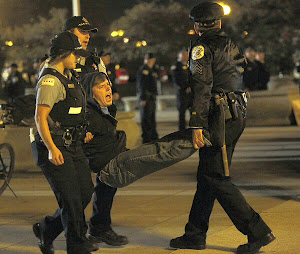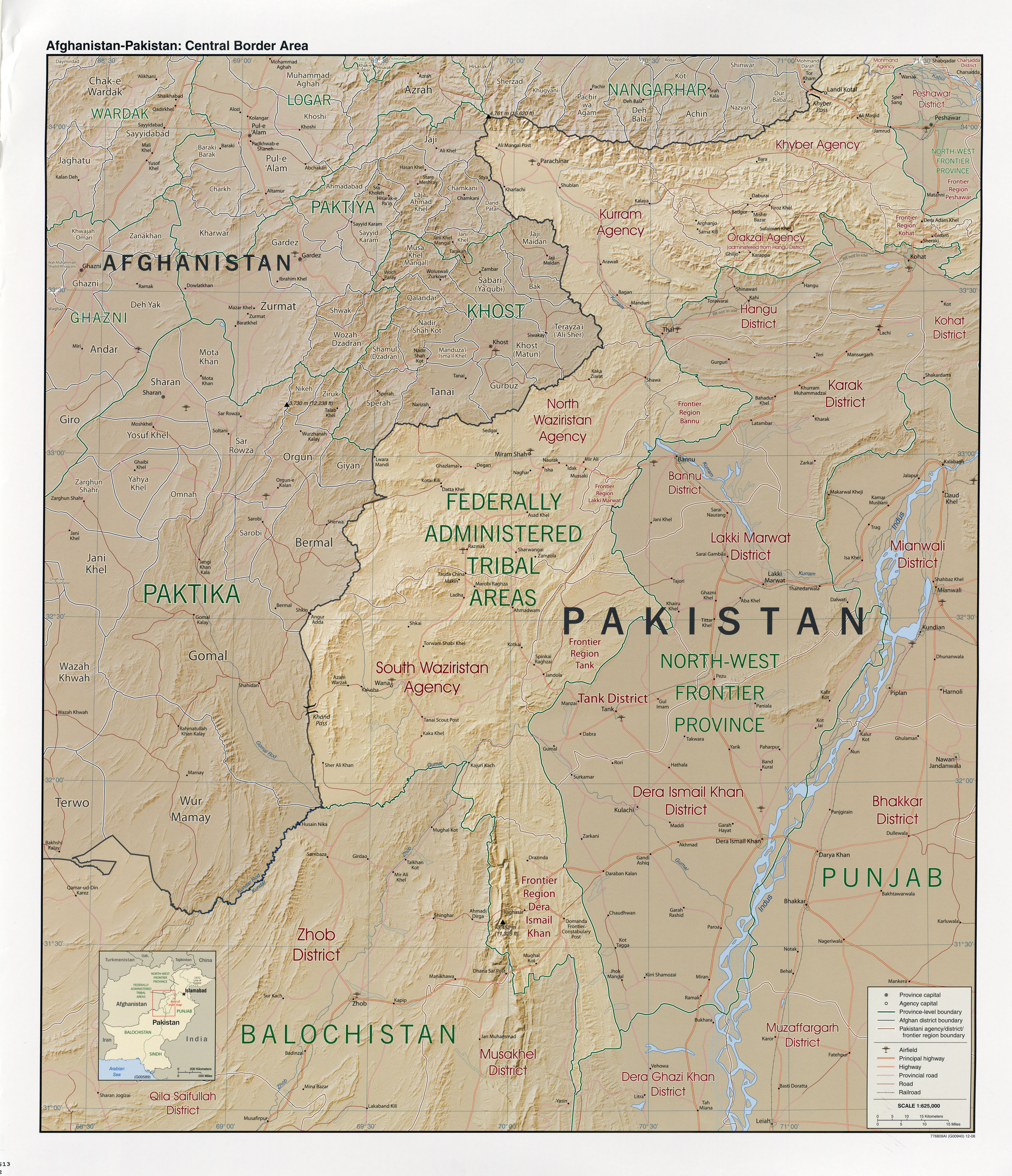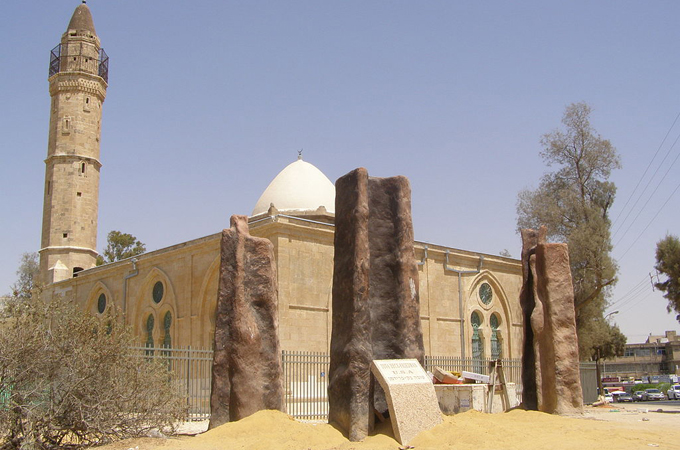This because the United States has removed the People's Mujahedeen of Iran, an Iranian opposition group, from its blacklist of designated terror groups after years of intense lobbying.
Friday’s move came just days ahead of a US appeals court October 1 deadline forcing Secretary of State Hillary Clinton to decide the group's fate.
The State Department said the Mujahedeen-e-Khalq had not committed terrorism for more than a decade and credited its 3,000 members for nearly completing the peaceful departure from their paramilitary base near Iraq's Iranian border.
Effective immediately, any assets the MEK has in the United States are unblocked and Americans are permitted to do business with the organisation.
The MEK, whose leadership is based in Paris, has invested much money and years of intense lobbying to be taken off the list.
The cult-like leftwing group was founded in the 1960s to oppose the shah of Iran, and after the 1979 Islamic revolution that ousted him it took up arms against Iran's clerical rulers.
MEK leader Maryam Rajavi said in a statement from Paris that she "welcomed and appreciated" the decision to delist the movement.
"This has been the correct decision, albeit long overdue, in order to remove a major obstacle in the path of the Iranian people's efforts for democracy," she said in the statement.
The MEK says it has now laid down its arms and is working to overthrow the Islamic regime in Tehran through peaceful means. Al Jazeera
I have to question how this ruling applies to state sponsors of terror? If we look at the remnants of the Empire of Evil one has to question how often North Korea or Iran have attacked another state? Compare this to how ofter the United States of America have attacked soverign states.
As Coleen Rowley wrote 'There's ample evidence that Iranian MEK terrorists, "our new terrorists," are responsible for conducting assassinations of Iranian nuclear scientists. U.S. officials confirmed the charges leveled by Iran's leaders as well as the fact that the killings and bombings in Iran were financed, trained and armed by Israel's secret service. In an exclusive report, NBC reported that:'
The group, the People's Mujahedin of Iran, has long been designated as a terrorist group by the United States, accused of killing American servicemen and contractors in the 1970s and supporting the takeover of the U.S. Embassy in Tehran before breaking with the Iranian mullahs in 1980. The attacks, which have killed five Iranian nuclear scientists since 2007 and may have destroyed a missile research and development site, have been carried out in dramatic fashion, with motorcycle-borne assailants often attaching small magnetic bombs to the exterior of the victims' cars. -- From NBC Rock Center exclusive report February, 2012
Furthermore, Seymour Hersh reported in the New Yorker article "Our Men in Iran" that members of MEK were also being trained in Nevada by U.S. Joint Special Operation Command for covert actions to topple the Iranian government.
Rowley goes on to say "comments are from former U.S. security experts Flynt and Hillary Mann Leverett's excellent analysis of the highly politicized flip-flop, "By Delisting the MEK, the Obama Administration is taking the Moral and Strategic Bankruptcy of America's Iran Policy to a New Low".
In looking back at the United States of America's policies towards Iran dating back to the coup perpatrated by Kermit Roosevelt in 1953 one begins to see the politics of the Foreign Terrorist Organization. It also become apparent 'why they hate us'




















